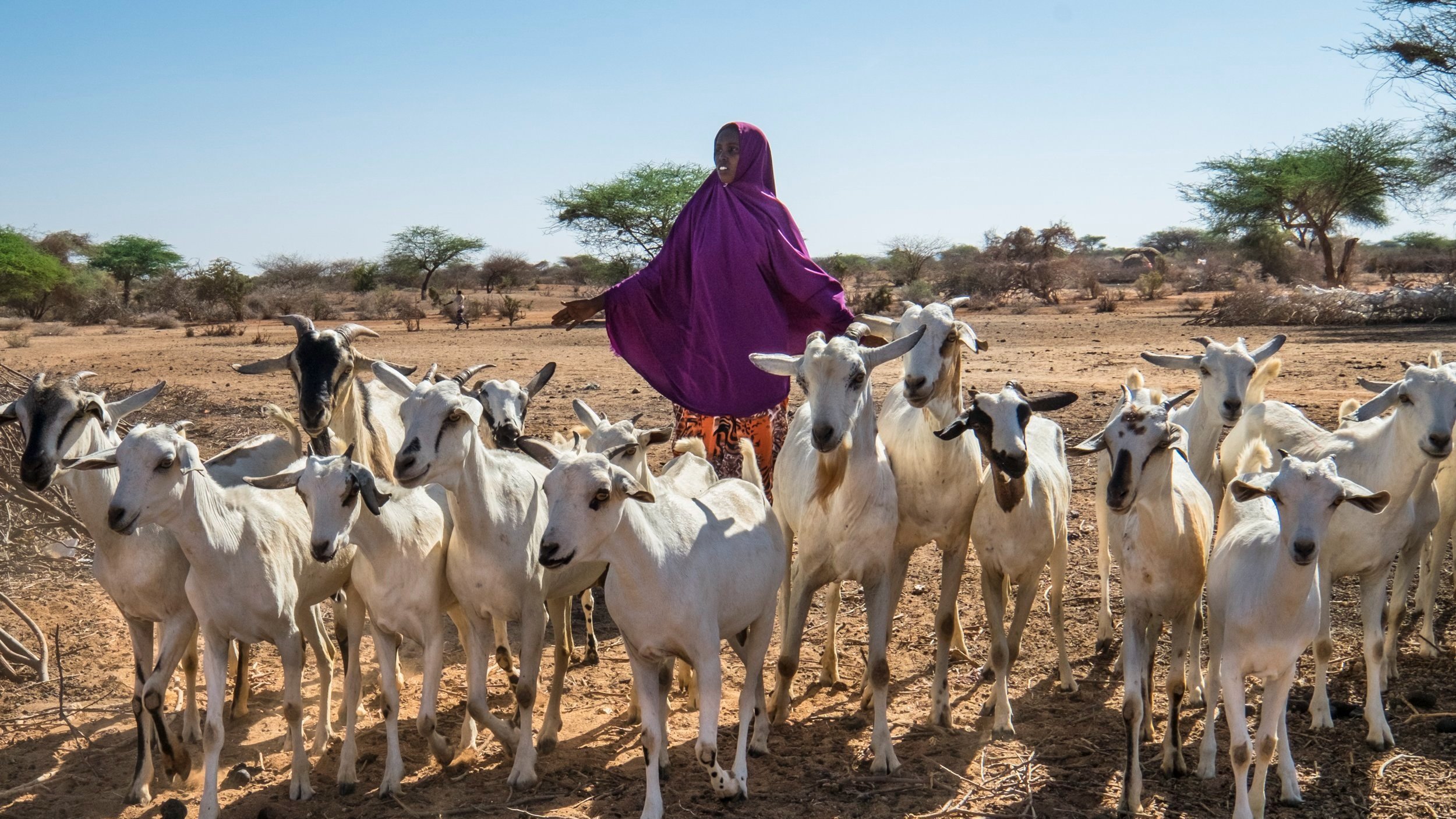
Resilience Nexus Learning Action Network (RNLAN)
The Resilience Nexus Learning Action Network (RNLAN) is a collaboration between Somali Resilience Program (SomReP) and Somali Response Innovation Lab (SomRIL) which brings together field-tested best practices for resilience-building and contextualizes it through a human-centered design method in partnership with local academia and government to develop easy-to-scale training products to support awareness creation and extension service delivery.
SomReP mobilizes field-tested industry best practice, while SomRIL crowds-in learning specialists and local design artists to develop human-centered learning products tailored to leaders, managers and frontline staff members as well as scale best practice through a network of partners and learning forums.
The RNLAN aims to build the institutional and technical capacity of local NGO/CSOs and private sector to deliver and support resilience-building interventions to the highest standard in transparent and accountable ways. Finally, the RNLAN aims to scale knowledge of and build consensus for key components of inclusive resilience throughout the BHA funded C4FC project (Community-led Capacity Strengthening for Fragile Contexts) which has been running in Somalia, Sudan and South Sudan since 2021 and has been supporting to build the capacity of 31 local humanitarian organizations and humanitarian workers to respond to and prepare for crises.
Target Groups
-
Local academic/learning institutions: providing technical assistance to build their capacity to develop and contextualize multi-level stakeholder resilience-building and behavior change teaching products, enhance local learning networks with tools, strengthened linkages for knowledge exchange and collaboration with local, regional and international learning partners, as well as local governments to develop certifiable and scalable training curriculum. The RNLAN’s local learning product development collaborators include Sadar Institute and City University in Somalia, International Institute for Livestock Research (ILRI), Simad University, and Somali National University.
-
Humanitarian/development community: RNLAN develops multi-lingual and multi-capacity-level learning content to strengthen understanding of resilience planning and interventions, as well as support behavior change important for inclusive resilience. The RNLAN partners with key coordination platforms such as the Food Security Cluster, NGO Consortium, and others to support awareness creation and strengthen humanitarian capacity
-
Government Partners: co-create and contextualize learning products, provide technical backstopping and mentorship through a learn-by-doing approach to build experience with and knowledge of contextualized extension service delivery methods, as wells as support consensus building regarding key tenets of inclusive resilience building and impact measurement across government departments and national and subnational entities
-
LNGO partners: crowd-in local knowledge to strengthen learning products to develop human-centered, community training and engagement methodologies taught through adult-learning methods for headquarter (HQ), mid-level and front-line staff members, as well as co-implemented institutional capacity analysis
-
Private sector: RNLAN partners with private actors to raise awareness of humanitarian sector needs, mobilize technical expertise to co-create contextualized products and services, marketing strategies and delivery methods to enable last-mile solutions targeting marginalized communities and groups to support resilience building
-
SomReP NGO Members: equipping SomReP members and implementing partners with contextualized training material for frontline extension service agents and technical backstopping to ensure quality, standardized implementation;
